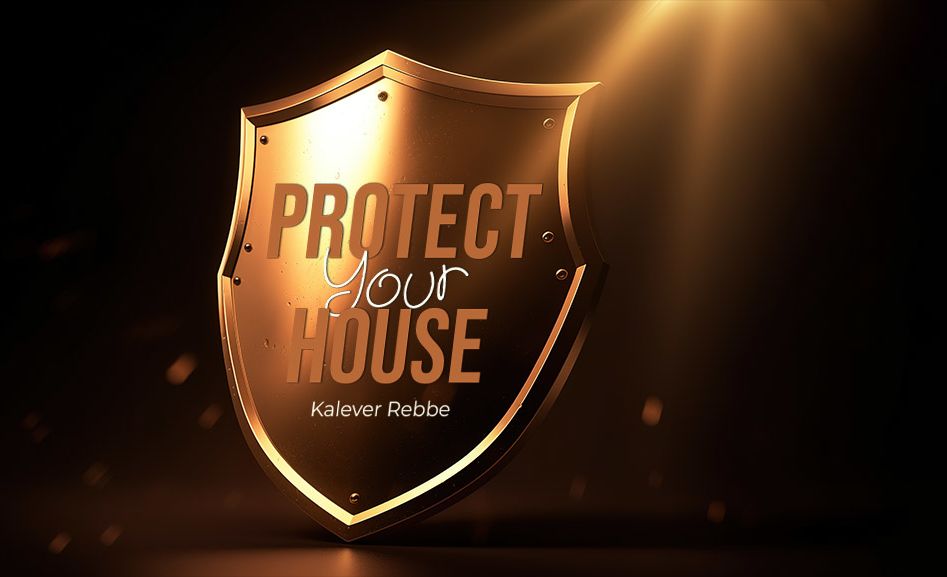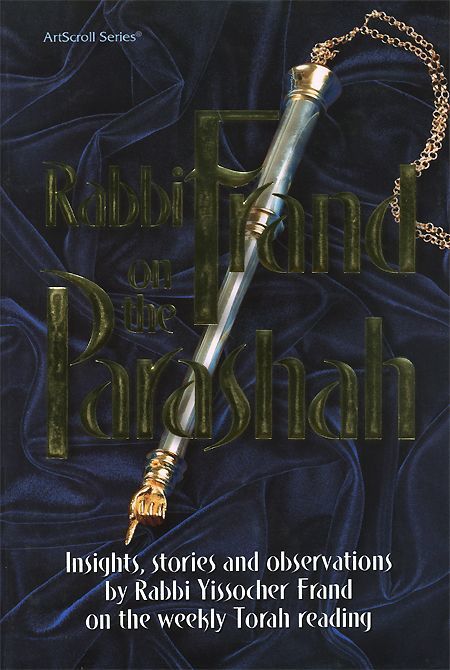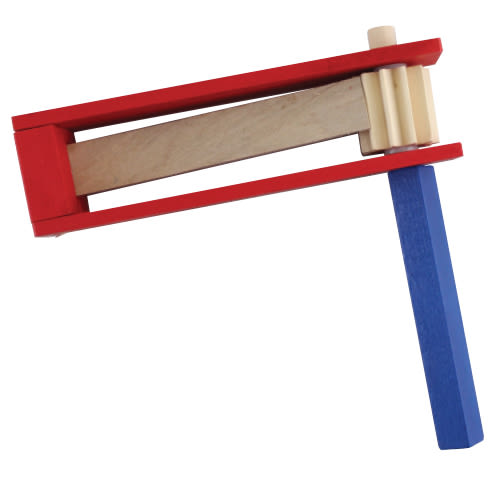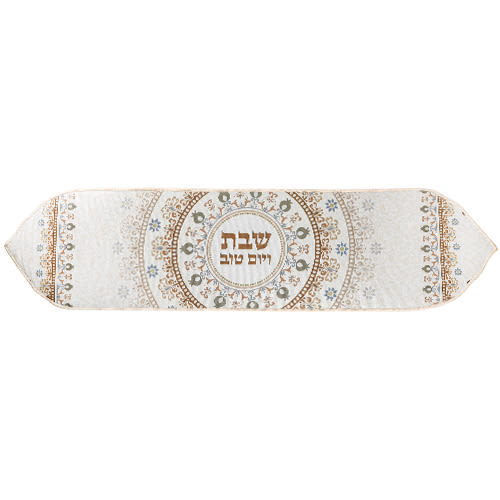
Friend of the Soul
"It's easy to be your friend, just so long as it doesn't cost me anything or take me out of my comfort zone." That of course, is not a friend, much less a true friend…

Fair-weather friends, if they were honest, would talk like this: “It’s easy to be your friend, just so long as it doesn’t cost me anything or take me out of my comfort zone.” That of course, is not a friend, much less a true friend.
True friendship has a price-tag – it’s called empathy, the ability to feel the other person, to know when to give a pat on the back or a word of encouragement. True friendship means that you feel when the other person needs you and you’re there for him/her. You’re not too tired or too busy. A true friend pays the price of true friendship, even if it means sitting up all night to help or listen to the other person.
Unsurprisingly, the best spouses and best parents are first of all true friends to their partners and children.
Let’s see what the Torah says about true friends. “Of Benjamin he said: ‘The friend of Hashem shall dwell securely by Him; He embraces him all day, and He dwells between his shoulders'” (Deuteronomy 33:12).
Why does Moses call Benjamin, the “friend of Hashem”? This is an unprecedented title in Torah. How did Benjamin earn it?
Our sages say that the term “friend” in Hebrew, yedid, indicates a bond between two people. In fact, the word “yedid” comes from writing the word for hand in Hebrew – yad – twice. This shows us the two  friends are a hand and a hand – a connected, giving, helping hand. Also, we pay someone by putting something from our hand into their hand. This shows that friendship has a price. The Torah is thereby teaching us the intrinsic characteristics of being a true friend – connected, giving and helping.
friends are a hand and a hand – a connected, giving, helping hand. Also, we pay someone by putting something from our hand into their hand. This shows that friendship has a price. The Torah is thereby teaching us the intrinsic characteristics of being a true friend – connected, giving and helping.
In his intense love of Hashem, famed Kabbalist Rabbi Elazar Azikari (1533-1600) composed his beautiful sonnet Yedid Nefesh, “friend of my soul”, which we all sing on Shabbat. In light of the above, this is especially befitting, for Hashem is nothing other than giving and helping.
Benjamin paid a price for his title of “friend of Hashem”. He gave the land for the Holy Temple from his tribal inheritance. He gave with no angles, no ulterior motives and no expectations for anything in return. He gave because he was a friend of Hashem. He was willing to pay a big price for such friendship and he did so joyfully.
Sure, many people are willing to be our friends as long as it neither costs them anything nor requires any effort. That’s not a friend.
When King David eulogizes his best friend Jonathan, who fell in battle, he says: “I sorrow for you, my brother Jonathan; you were so very pleasing to me; wonderful was your love to me, surpassing the love of women” (Samuel II, 1:26). What did King David mean?
Let me explain with a parable: the heir to a billionaire is about to inherit his father’s assets – mansions, companies, bank accounts, yachts – everything. The heir has a best friend whom he loves without limit. He says to the best friend, “You’ll make a better corporate magnate than I will. My beloved friend, I am giving you all my inheritance.” Have you ever of such a thing?
Yes. Jonathan, as King Saul’s eldest son, was heir to the throne. Yet, he tells David that David would be more suitable and he, Jonathan, relinquishes the right to reign. David asks Jonathan, “My brother, where do you have the love to give in to me like that?”
Jonathan answers, “It’s in my genes; that’s the same way my mother – Rachel – gave in to your mother – Leah. Rachel would rather die than embarrassing her beloved sister, so she relinquished her husband on her wedding night. That’s true love and true friendship.
Our sages tell us that true friendship has no ulterior motives.
To be a good parent, one must be a true friend to the child. Sure, everyone wants an intelligent, healthy, quiet, industrious, athletic, talented, charismatic, good-looking and problem-free child. Everyone wants people to ooh and ah and say what a wonderfully successful child you have. Everyone wants the prestige of having such a child. But, it seldom works like that.
Why are you upset that your child is off the path of observant Judaism – because it affects your other kids in shidduchim or your status in the synagogue? That’s not being a friend. Did you ever stop and think what’s upsetting the child? Maybe the teacher embarrassed him in front of the other boys by calling him “stupid” in Gemara class or maybe the other girls in the Orthodox school made fun of her. Did you ever inquire what really makes your child happy or sad?
Maybe your son or daughter did come home with tears in their eyes and they wanted to speak to you. You said you were tired, preoccupied, or talking on the phone to your girlfriend from Pilates class. You told them to come back later, in an hour.
That’s too late, Mom and Dad – Avremi and/or Saral’e need you right now. They need a true friend, one who is even willing to give up sleep to listen to them. That’s also what husbands and wives need from each other – to be a true friend. That’s what Hashem is for us and that’s what we need to be, at least for our spouses and children; that would be a great start to fulfilling the Torah’s commandment of loving each other like we love ourselves.











Tell us what you think!
Thank you for your comment!
It will be published after approval by the Editor.